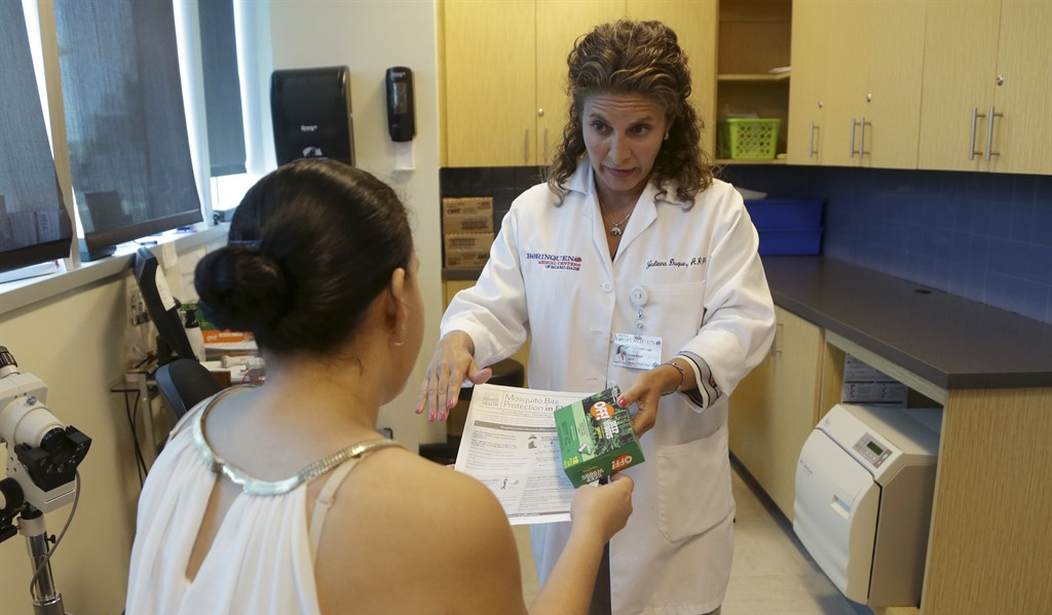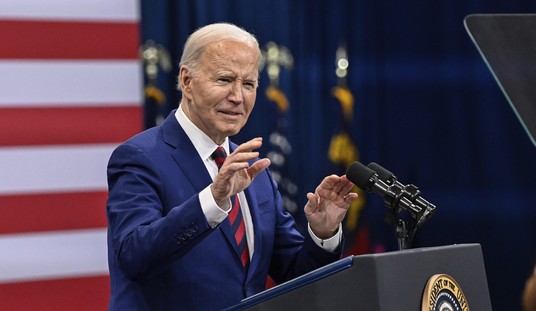One of the most important challenges facing lawmakers today at both the state and federal levels is the rising cost of health care. In the great debate over how to reduce costs while increasing access and quality, some politicians seem to believe that more government involvement is the ticket to accomplishing these policy goals.
I believe the opposite is true. In several ways, misguided government intervention is actually the cause of many of our problems, and the solution is to restore an arms-length relationship between government and the doctor-patient relationship.
In Wisconsin, I’ve been part of a group of legislators who understand the proper role of government is to stay in the background, setting sensible rules of the road and getting out of the way. We also understand that there is no silver bullet or thousand-page omnibus bill that will solve our health care problems, but instead that real progress will be accomplished one reform at a time.
Incremental, consumer-oriented reform is what we’re working on quietly but persistently in the Badger State.
One of those reforms drags government-run health care into the 21st century. All you have to do is pick up your smartphone to notice how fast technology is changing, but government programs have little incentive to keep pace.
That’s why I authored a bill to expand the use of telehealth in Wisconsin. The bill requires Medicaid to cover a variety of telehealth procedures in an effort to streamline and modernize the program. Telehealth, which can include examinations, consultations, and some procedures performed remotely using technology, is a big step toward increasing health care access by allowing people to receive medical care in their homes and finding efficiencies to reduce costs.
The same principle applies to dental care, where government policies impede the innovation of teledentistry. In some cases there isn’t a need to physically visit the dentist, like for a simple diagnosis. Technology could also allow a dentist to remotely examine records to determine if additional work is required. There’s no telling what will be possible in the future. I’m currently working on a teledentistry bill with the aim of removing government-imposed barriers to this innovation.
Recommended
Government also gets in the way of progress through occupational licensure, which can be used to keep new business models from developing. One business model in dentistry that’s relatively new to America is the profession of dental therapy, a type of mid-level dental professional that’s often compared to a nurse practitioner in medicine.
Dental therapists are authorized to perform more procedures than a hygienist, thereby freeing the dentist to focus on providing more advanced care to a larger number patients, reducing wait times. A dental therapy bill circulating now will allow dental therapists to be licensed in Wisconsin, growing the dental workforce and increasing access to dental care.
Similarly, expanding the scope of practice of physician assistants, pharmacists and other health care providers can increase access and competition, thereby lowering prices. Where there is clear evidence that there is no additional risk to patients, relaxing restrictions on certain medical professionals is just common sense.
The mere threat of government interference can also discourage innovations like direct primary care, an arrangement where a patient pays a flat monthly fee directly to a primary care doctor. In exchange, the patient gets a set menu of services that covers the vast majority of a typical person’s health care needs with up-front, transparent pricing. These arrangements often cost less than insurance—usually less than $75 a month—and offer significantly lower out-of-pocket costs and facilitate an old-fashioned doctor-patient relationship.
A simple but important bill making its way through the Wisconsin legislature codifies into state law that DPC arrangements are not insurance—they’re actually an entirely different way of financing health care, therefore outside the grasp of insurance regulators. This bill will provide long-term certainty to enterprising doctors interested in venturing out and starting a direct primary care practice, but who may be nervous about the risk posed by possible future regulations.
Poor government policy impacts health care indirectly, too. For example, under current Wisconsin law, a person going through bankruptcy can have their health or medical savings accounts liquidated by a court. Putting someone’s access to health care in jeopardy simply because of a bankruptcy is bad policy.
Another example comes in the arena of cancer clinical trials, which are the best way to ascertain the effectiveness of a new, potentially life-saving treatment. Unfortunately, financial barriers often block people from taking part—about 20 percent of clinical trials fail due to lack of participation. Repealing outdated laws that forbid companies that conduct these trials from reimbursing participants for out-of-pocket costs incurred as a result of their participation removes one more government-imposed barrier to progress.
To be sure, none of these bills or others passed in Wisconsin in recent years is a magic wand that will fix a very broken health care system overnight. But as we saw in the years following the Affordable Care Act’s enactment, massive pieces of legislation that explode the role of government and insert politics into something as important as our health care are doomed to backfire.
There’s no shortage of good, free-market reforms that encourage innovation and competition by minimizing government’s role in health care. State and federal lawmakers can achieve the goals of reduced costs, increased access, and better quality by ditching expensive schemes like “Medicare for All” and getting to work on reforms that put the consumer behind the wheel and keeps the government in its place—the back seat.
Dale Kooyenga is a Republican state senator from Wisconsin’s 5th District, covering portions of the Milwaukee suburbs and the city of Milwaukee.

























Join the conversation as a VIP Member